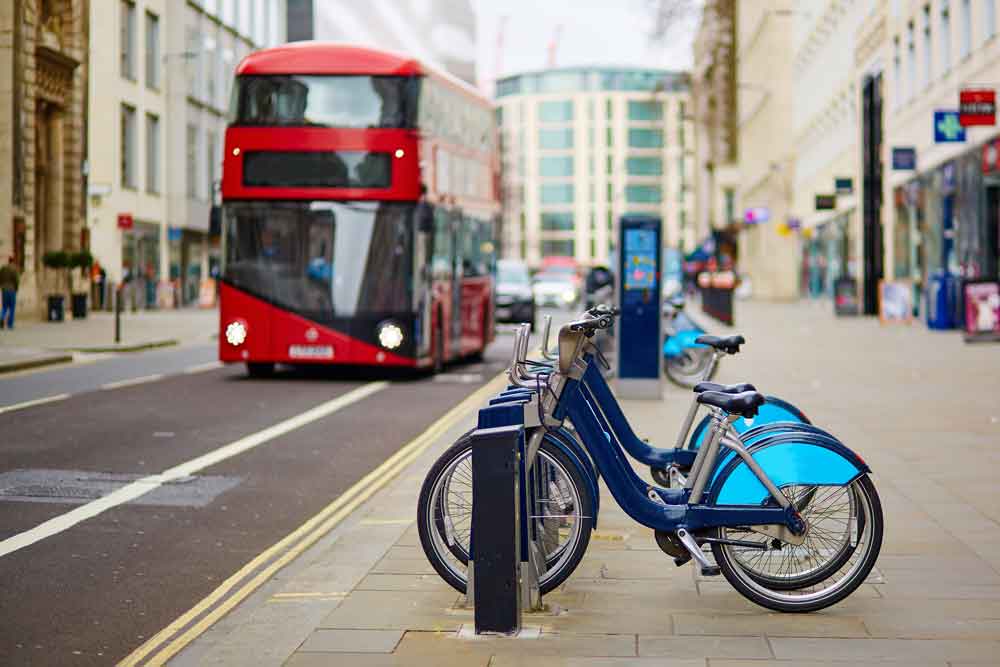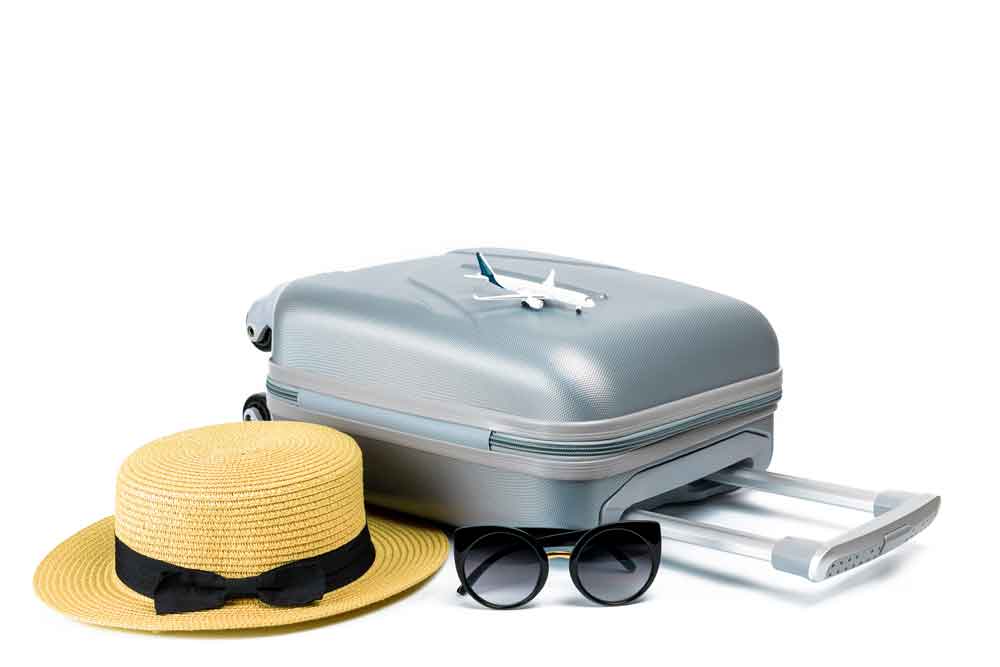When we're on the move, chasing adventure and seeking the ultimate comfort, it's easy to overlook our carbon footprint. However, sustainable tourism seems to be changing the game and is now gaining momentum to become the new way of travel. It's all about enjoying our travels, while keeping Mother Earth and the local communities in mind. And the best part? You don't have to sacrifice any of those travel luxuries to make a real impact.
What is sustainable tourism?
Sustainable tourism is a new approach to exploring the world—one that fights climate change and embraces responsible travel. By making just a few tweaks here and there to your usual travel ways, like opting for eco-conscious lodging to offsetting your carbon emissions, you can significantly reduce your carbon footprint, without compromising on the joys of travel. Here are some pointers to help you decrease your carbon footprint while you’re wander-lusting.

Avoiding air travel (if the destination is close by) and choosing non-stop flights can be a game-changer when it comes to reducing your carbon footprint. When you opt for non-stop flights, you eliminate the need for additional take-offs and landings, which are the most fuel-intensive phases of a flight. The ascent and descent require a significant amount of energy, and multiple stops mean repeating these energy-intensive processes. By flying directly to your destination, you cut down on the overall flight time and, in turn, reduce the amount of fuel burned and carbon emissions produced.
Public transport is not just a convenient way to get around; it's also a fantastic way to reduce your carbon footprint. First things first, when you opt for public transport like buses, trains or metros, you're joining forces with fellow passengers, which means fewer individual vehicles clogging up the roads. This leads to a significant reduction in greenhouse gas emissions and air pollution. Plus, it's a great opportunity to meet new people, catch up on your reading, or simply relax during your commute.

Packing light reduces the weight of your luggage, which in turn improves fuel efficiency, particularly when flying. Avoid taking unnecessary items and choose multi-purpose clothing and accessories to minimise the weight of your bags.

Keep your water and energy usage in check. When staying at a hotel, be mindful of your water usage -- try taking quick showers, and reuse your towels and linens instead of requesting fresh ones every day. This not only conserves water, but also saves energy. Unless absolutely needed, consider declining housekeeping services, as it reduces the use of harmful chemicals and conserves water. When you're out exploring, make sure to turn off lights, air conditioning and heating in your hotel room.

Pack your own reusable goodies, such a reusable water bottle, coffee mug and straw. If you forget your water bottle, just ask the hotel for a cup of water instead of using plastic bottles typically provided in the room. Another way to minimise waste is by bringing your own toiletries from home. This way, you can steer clear of single-use plastic bottles that hotels tend to offer.

Eat local and sustainable food. Explore local cuisine and support restaurants that prioritise sustainable food practices. Seek out restaurants that source their ingredients locally, offer plant-based options and promote sustainable fishing practices.
